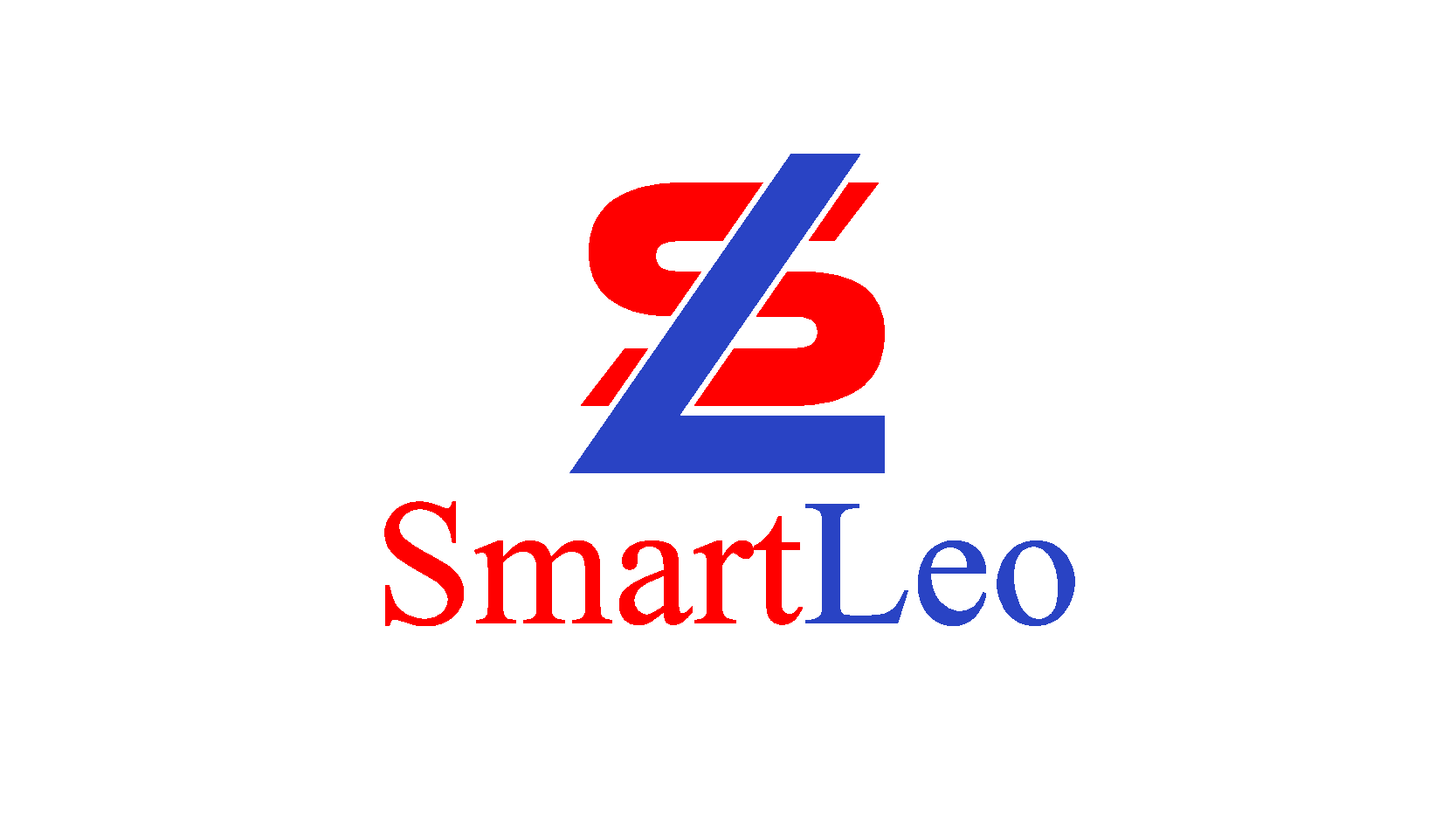At any moment in America, there are people without health insurance coverage and without health care access. Those without health insurance and without health care access are mostly those who are partially employed or not employed. Others are those who are employed by the government or private sector who opted out of employer insurance in order to have enough income for food and other domestic expenses or who insures only one or two family members, leaving the rest of the family uninsured for the same reasons. Some would argue that all persons in America have at least some access to health care in the form of emergency room visit during severe emergencies. However, not all peoples without health insurance have health care emergencies and would have no reasons to visit the emergency room. For this category of the uninsured, among other categories, lack of access to the emergency room is not synonymous with lack of health care needs. There are many suggested policies rooted in American two dominant ideologies (free market and progressive/liberal ideologies) floating around for decades, but none of the suggested policies is acceptable by either side, leading to unstable and unpredictable health care policy and health access by the ordinary people. The numerous blames for the many uninsured in America are enough to go around the politicians and policy makers on either side of the ideological fateful. When issues affecting human lives and health are tied in ideological battles, with no solution in the foreseeable future, then the only available alternative is to deploy non-ideological solution to break the tie. Health care delivery requires human expertise and technology. There are no ideological arguments regarding these two health care delivery methods. However, the ideological battles for health care access is fought on the funding arena (medical technology/facility and medical personnel funding) which by implication triggers other complex monetary issues such as taxes. Disappointingly, taxes are the grandfather of a polarized and paralyzing ideology in America. However, there are ways to generate health care funding in order to provide healthcare access to all Americans without a single fight on ideological funding fighting ring. With funding relatively solved, technology and personnel could be updated and re-organized to deliver health care to all people in a fashion that is sustainable and dynamic.
Funding
Raising money for health care without mandatory taxes of any sort is a daunting task. However, there are lose and painless fund that could be generated/harnessed without noticeable pains and disruption of the individual, family, groups, and cooperate finance equilibrium. Such funds could be added to the pool of funds currently available for funding existing health care access. The author proposes a fund-raising tactic called the “Voluntary post decimal point saving and saving box donation”. The fund would be used for annual medical/screening exam so that health insurance would seize to cover medical exam/screening and as such bring down the overall cost of health insurance premium for the insured. In this way, access to basic medical care would be universal for everybody irrespective of health insurance coverage and nobody would be accused of parasitic exploitation of another.
Application of the theory to individuals: Those who are employed and insured would have two options during annual renewal of health insurance to chose between decimal point saving for annual medical/screening plus health insurance for other medical issues or health insurance coverage for both. The cost of health insurance would depend on the choice of the individual. For example, if an employee at Big Pharma earns 200.89 dollars per week, he or she would have the option to automatically have 89 cents transferred into the health care saving pool for annual medical/screening and the amount shall be tax deductible and annual medical exam/screening cost deducted from his/her insurance premium, thereby lowering the premium. Those who are employed but not insured (e.g. those who work for small businesses) would have the option to participate in the decimal point saving or simply donate to the saving drop box located everywhere. For those who are not employed and not insured, they will have just one option to donate any change they have during purchases into health pool drop box located at all sales points, streets, airports, train stations, stadiums, hospitals, apartment complexes etc. The donation points shall be called health patriotic saving box. Any change donated to the saving drop box shall generate a patriotic receipt and if kept would be tax deductible. Those who participate in the decimal point donation and who opt to donate to the saving drop box would have more tax-deductible donations. At least one receipt is required to be presented during annual medical check-up or screening. Individuals presenting for the annual check-up without a least one receipt shall receive treatment nonetheless, but would be counseled to find out why they declined to make the donation and why they opted to benefit from another people’s donation. The target would be to educate such individuals on the patriotic need to make the donation when they can for the benefit of everybody.
Application of the theory to businesses and organizations: Businesses and organizations (government and non-government) would have the opportunity to donate tax-deductible electronic saving box and site them in approved locations. The media and communication companies shall be encouraged to donate advertisement time to promote the plan with the lowest ad cost that is tax deductible instead of donating the saving box. Due to high cost of advertisement, there shall be a cap of the tax-deductible commercial time. In addition, businesses would have the opportunity to make decimal point donations similar to the individual donation from their monthly profits. Big businesses could opt to make donations in excess of the decimal point donation or advertisement time donation or saving box donation.
Volunteer Medical Personnel
Medical personnel of all categories (nurses, doctors, lab technicians, etc.) shall opt to donate tax deductible hours to deliver health care to the decimal point health care program. The hours donated shall consist of mostly primary care hours for annual medical exam and screening. At the end of every year, interested medical person who opt to participate in the program shall choose a date and location to donate their time. A minimum time of 8 hours and a maximum of 12 hours would be available on any single date. For those who opt to donate their time and expertise, there would be no cap to the amount of tax- deductible time donated in excess of the one day minimum in a given year. Apart from tax deductible hour donation, incentives for lowering student loan payment could be provided for those who have donated the required threshold for student loan lowering. For convenience, medical staff are encouraged to donate their time and expertise in the same facility where they are currently employed if such facilities are participating in the program or chose facilities closest to their current job location or place of residence.
Medical Infrastructure
Medical infrastructure for the decimal point health program shall be provided by existing private and public medical facilities in the country. Hospitals, medical centers, clinics, etc. (mobile and stationary) shall be encouraged to donate space and room/rooms for the program either during business hours of the week or off business hours of the week depending on the cost convenience or other logistic convenience for each facility. The hospitals shall have a capped tax-deductible amount for donating the space and room/rooms. Small private primary care doctor’s offices/clinics could donate their facility and their time once per year and deliver the care by themselves once per year or make their facility available for external volunteers, but have some of their staff work alongside external volunteers. The cost of medical supplies, facility/equipment, lab tests, procedures, and medications that would not be off set with medical staff and hospital donation shall be paid for with the money generated from the program.
Decimal Point Health Care Administration and Management
Decimal point health care administration shall be broken down into smallest health management units. One health management unit consists of a number of hospitals, medical centers, and doctor’s offices/clinics. Such units could be an entire town in small rural communities or many health units in large urban cities. The health management units shall consist of Unit Volunteer Board members and one Volunteer board chair (who also doubles as administrator/manager of the daily activities of the health unit). Retired medical staff on pension with minimal need for extra income for livelihood are encouraged to volunteer as board member or board chair position on annual basis that could be renewed. Depending on the number of units in a city, county, or state, there shall be a conference of board members in cities, counties, and states to hammer out the logistics about the distribution of funds, personnel, supplies, facilities, and equipment for the smooth running of the health facilities under one health management unit.
Summary
The decimal point plan was created to provide annual preventive medical access to all Americans who ordinarily would not have access to any form of care. The plan is self-sustaining and could move current health care policy close to universal access. Even though the plan does not guarantee intervention/therapeutic care for all, similar plan could be replicated to move intervention health care access closer to universal access.


Leave a Reply
Your email is safe with us.